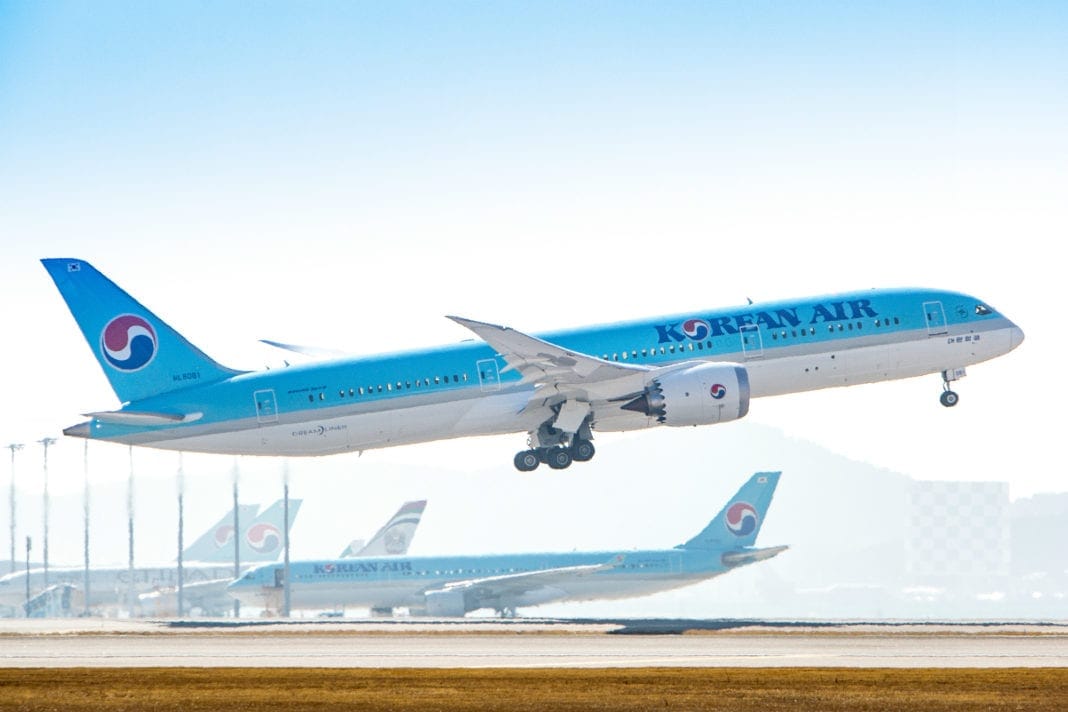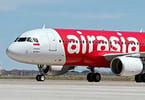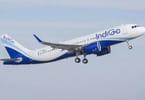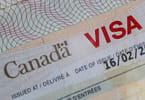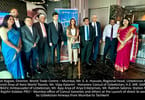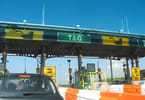TOKYO — According to the head of Delta’ Asia operations, the airline is making enough money now to establish itself as a premium brand in the region.
Asia — a rapidly growing travel market — is home to some of the industry’s best-rated airlines for service including Singapore Airlines and Cathay Pacific Airways, and the bar is high in this part of the world.
But Vinay Dube, Delta’s senior vice president for the Asia Pacific, said Thursday the Atlanta-based company believes it can compete with the region’s most reputable carriers.
The Associated Press reports that the airline is investing more than $2 billion over the next three years to upgrade facilities, including renovating its airport lounges around the world. Delta is also improving aircraft seats and entertainment systems.
Last week, Delta announced that it will offer a premium economy section on long-haul international flights starting this summer, with more legroom and room to recline.
The airline also said it plans to install 34 flatbed “BusinessElite” seats, with direct aisle access, in its 32 A330 aircraft within the next two years. That means that Delta will have business class seats that convert to beds on all of its big international planes numbering more than 150 by 2013.
Earlier this week, it said it would eliminate expiration dates for frequent flyer miles.
Although the reputation of Delta’s brand in Asia is a work-in-progress, it will climb with continued investment in services, Dube said.
“And honestly, we’ve not had that historically because the U.S. airline industry has been a recovering industry,” he told reporters in Tokyo. “We haven’t had the cash flow to invest. Now we do.”
After a decade of multibillion-dollar losses, U.S. airlines are finally posting solid profits. Carriers have slashed costs and pushed fares higher by grounding planes and cutting flights. Travel demand, especially from business travelers, is growing as the global economy recovers.
Delta earned $593 million last year, compared with a loss of $1.24 billion in 2009.
Like its competitors, Delta is keen to expand its presence in Asia, where air travel demand is expected to surge in tandem with the region’s booming economies.
According to AP, it now flies to 17 cities in the Asia-Pacific, thanks to its acquisition of Northwest. Among new routes starting this year, its flight between Tokyo’s Haneda airport to Los Angeles and Detroit launches this weekend. It will also begin flying between Atlanta to Shanghai, as well as Detroit to Beijing later this year.
Delta expects to increase total seats by 1 percent to 3 percent this year in growth Dube described as “very disciplined.” International growth will be faster, however, mainly through additions to Tokyo, Beijing, Shanghai and London.
WHAT TO TAKE AWAY FROM THIS ARTICLE:
- Asia — a rapidly growing travel market — is home to some of the industry’s best-rated airlines for service including Singapore Airlines and Cathay Pacific Airways, and the bar is high in this part of the world.
- Like its competitors, Delta is keen to expand its presence in Asia, where air travel demand is expected to surge in tandem with the region’s booming economies.
- Although the reputation of Delta’s brand in Asia is a work-in-progress, it will climb with continued investment in services, Dube said.





